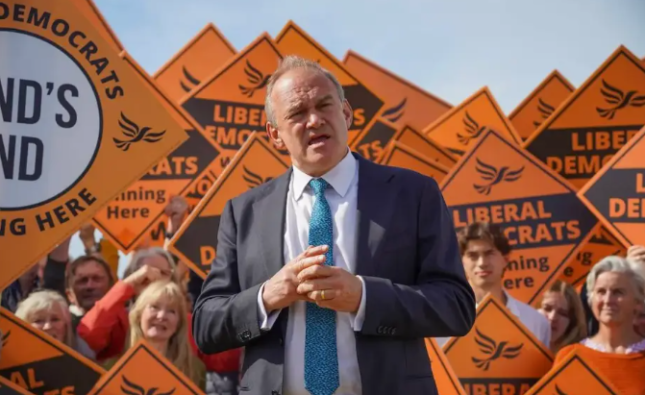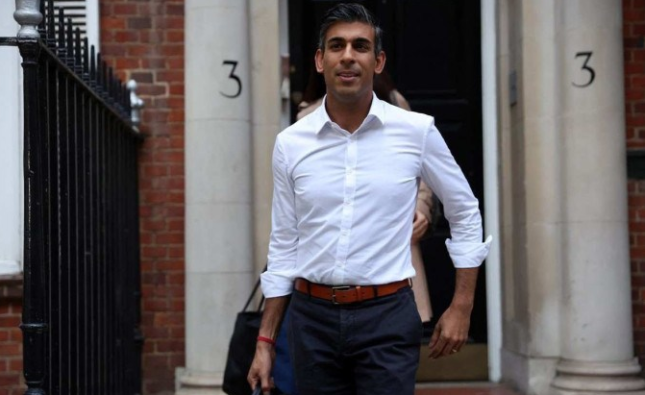
Global Witness Study Reveals the Scale of Influence Ahead of Election
A recent investigation by Global Witness has uncovered alarming activity from 10 “bot-like” accounts on X (formerly Twitter), which have shared over 60,000 posts containing disinformation and hate speech in the lead-up to the UK General Election. These accounts have amassed over 150 million views, amplifying dangerous content including conspiracy theories, extreme rhetoric, and misinformation.
The study reveals that these accounts have posted prolifically since May 22, with many tweets promoting homophobia, antisemitism, Islamophobia, and transphobia. Other harmful narratives include claims that climate change is a “hoax” and vaccines cause “genocide.” The accounts have also expressed praise for Russian President Vladimir Putin, further adding to the spread of extreme political views.
Global Witness identified these accounts as “bot-like” based on a number of markers, including high posting frequency, usernames consisting of random strings of numbers, and a lack of personal profile images. Despite their limited number, these accounts have wielded disproportionate influence due to their relentless activity. Some accounts posted over 500 tweets in a single day, pushing their total post count well above 60,000 during the election period.
While there is no evidence to suggest UK political parties are sponsoring these bots, many of the accounts have been found promoting far-right causes and supporting Reform UK. Some posts have targeted Labour and encouraged voters to support parties aligned with their divisive rhetoric, including the #stoptheboats and #labourlosing hashtags.
Ava Lee, campaign leader at Global Witness, warned of the significant threat posed by such disinformation: “We believe that when we engage online, we’re seeing the real views of voters, but when that trust is undermined by paid bots spreading lies, our democracy is at risk.”
X, now under scrutiny for its role in facilitating the spread of misleading content, has yet to comment on the findings, which call for social media platforms to take stronger measures in protecting democratic processes ahead of elections.










